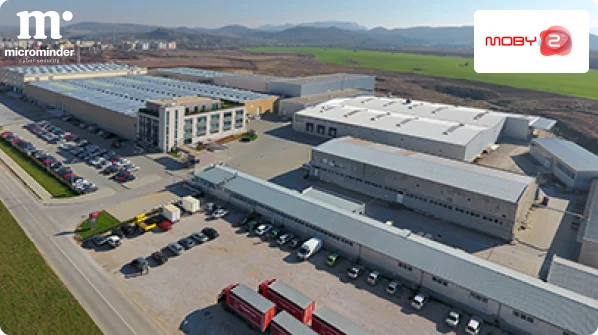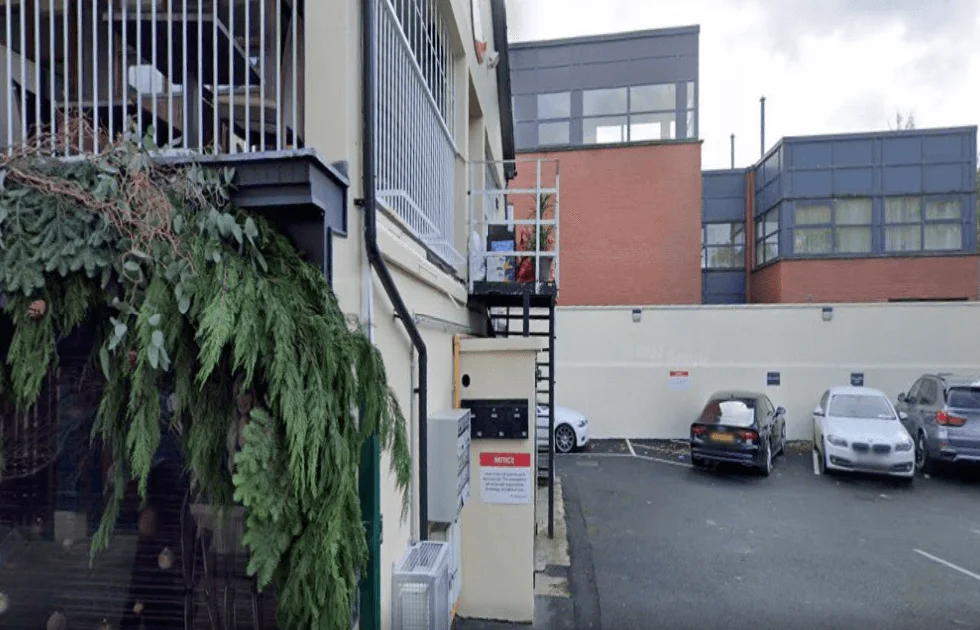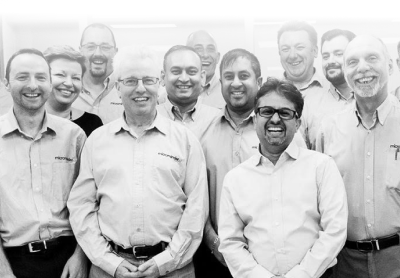"CENTOGENE is the unique and essential partner for patients, physicians, and biopharma in rare, metabolic, and neurodegenerative diseases, covering diagnostics, discovery, clinical development, and market access. With a global reach spanning over 100 countries and a network of 30,000 physicians, we've diagnosed over 2,500 rare diseases. Our extensive testing portfolio of 19,000+ genes and 10,000+ tests, revolutionizes early disease detection."
"CENTOGENE is the unique and essential partner for patients, physicians, and biopharma in rare, metabolic, and neurodegenerative diseases, covering diagnostics, discovery, clinical development, and market access. With a global reach spanning over 100 countries and a network of 30,000 physicians, we've diagnosed over 2,500 rare diseases. Our extensive testing portfolio of 19,000+ genes and 10,000+ tests, revolutionizes early disease detection.
We engaged with MCS for Penetration testing for our publicly available endpoints. After considering various factors, including reputation, reliability, cost-effectiveness, and alignment with our organizational goals, among well-recognized candidates, it was agreed that MCS best met our requirements. Our project with MCS went smoothly; their structured approach and timely delivery were commendable.
Our experience was positive and contributed to improving our security measures; we would definetely recommend them."














































 310 reviews on
310 reviews on 



























